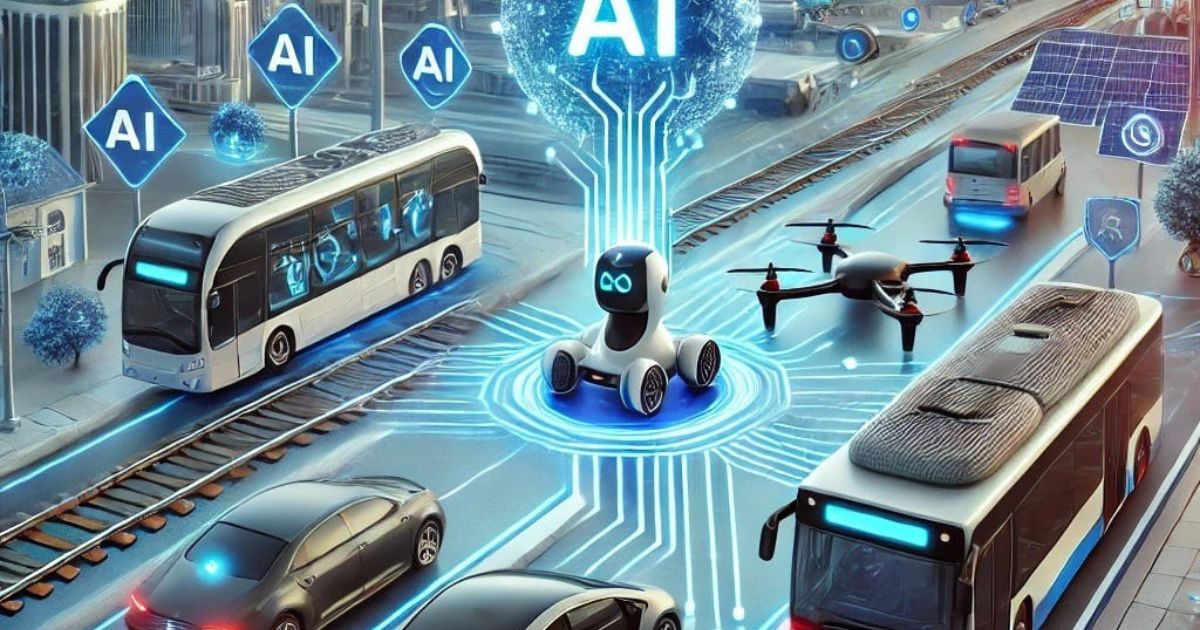Imagine cruising down the highway in a car with no hands on the wheel—just an intelligent system smoothly navigating traffic, reading road signs, and avoiding collisions. This isn’t a scene from a sci-fi movie; it’s the real-world promise of AI in transportation. From self-driving vehicles to smart traffic lights and route optimization, AI aims to make our roads safer, smarter, and more efficient.
But as with all powerful tools, there’s a catch. What happens when a sensor fails in the rain? Or when AI misreads an unpredictable human driver’s behavior? Machine learning is fast and precise—but it’s not infallible.
In this article, we explore the double-edged road of AI in transportation. Can it truly eliminate human error—or is it just trading one kind of risk for another? Join us as we examine how AI is reshaping how we move—and the critical challenges still in its lane.
🌟 The Promise: How AI Is Revolutionizing Transportation
| 1 | Accident Reduction: Smarter, Safer Driving Self-driving cars and AI-assisted systems can reduce human error, the leading cause of road accidents. |
| 2 | Efficient Traffic Flow: Smarter Cities AI-powered traffic lights and routing systems optimize traffic patterns to cut down on congestion. |
| 3 | Eco-Friendly Transport: Less Idle, Less Emissions AI reduces fuel waste by improving route planning and minimizing idle time. |
| 4 | Accessibility for All: Mobility Reimagined Autonomous vehicles can offer independence to the elderly and people with disabilities. |
| 5 | Predictive Maintenance: Fewer Breakdowns AI monitors vehicle health in real time, detecting issues before they become safety hazards. |
⚠️ The Peril: Where AI in Transportation Can Go Wrong
| 1 | Machine Errors: Glitches on the Go Technical failures or software bugs in AI systems can lead to dangerous situations on the road. |
| 2 | Unpredictable Environments: Not Everything Can Be Programmed AI struggles with complex or unexpected road scenarios that humans handle intuitively. |
| 3 | Liability Questions: Who’s to Blame? In an accident involving AI, it’s unclear whether the fault lies with the driver, the developer, or the machine. |
| 4 | Cyber Threats: Hacking on the Highway Connected vehicles and infrastructure are vulnerable to cyberattacks that could cause real-world harm. |
| 5 | Job Losses: The End of Driving Careers? Widespread automation in transportation could displace millions of professional drivers. |
